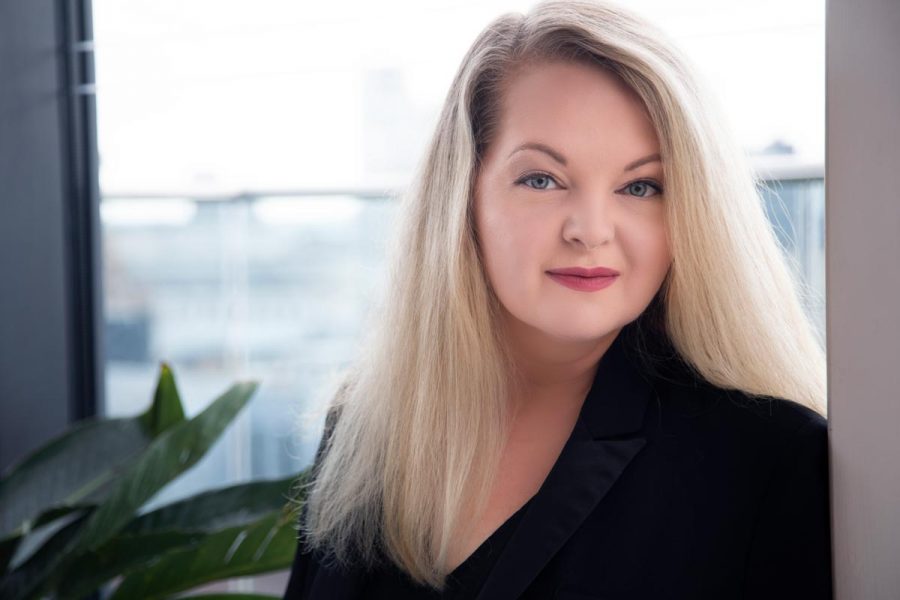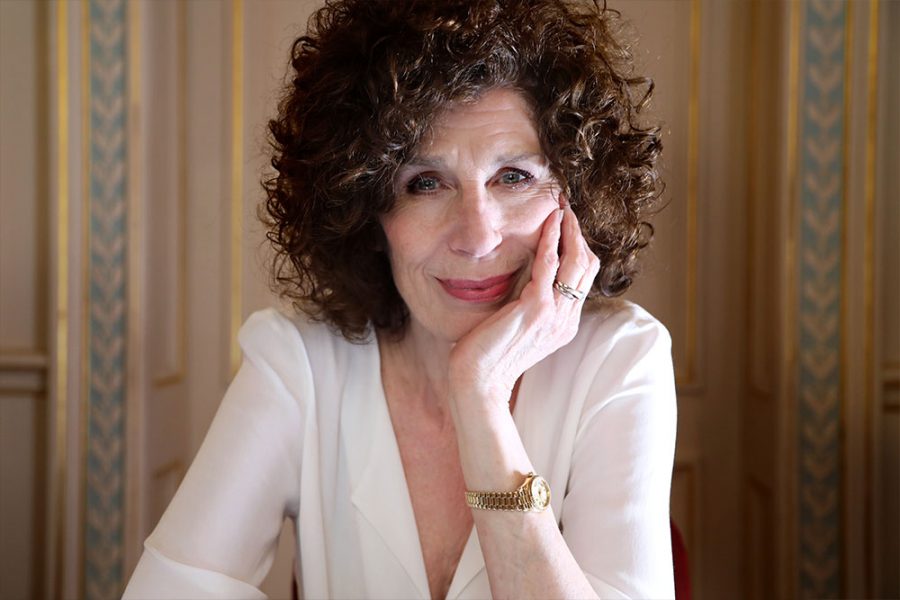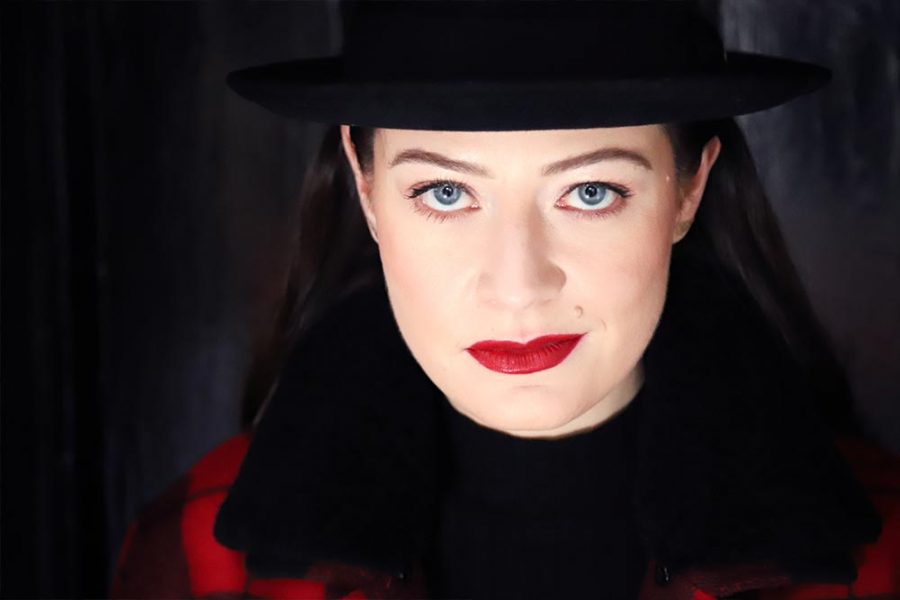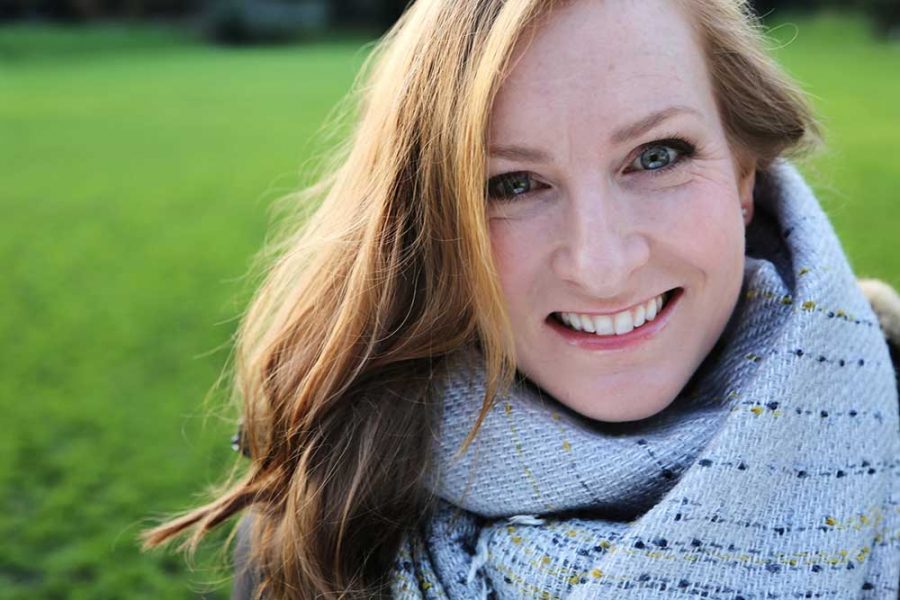Serendipity: Wallis Giunta

August 2015
Words by
Emer Nestor
Photos by
Frances Marshall
A graduate of the Canadian Opera Company ensemble studio (Toronto), and the Metropolitan Opera’s Lindemann Young Artist Development Program (New York), Canadian lyric mezzo-soprano Wallis Giunta is fast becoming the ‘one to watch’ on the world operatic stage.
She is a former student of Professor Jean MacPhail at the University of Toronto, and soprano Edith Wiens in New York. OPERA NEWS has recently celebrated the ‘delectably rich, silver-toned mezzo-soprano’, and her ‘beautiful sense of line, and effortless, rapid runs’. Last year Giunta charmed the critics with her interpretation of Olga in the Met’s production of Lehár’s The Merry Widow, and as Cherubino in Opera Lyra’s Le Nozze di Figaro. The talented young singer made her début with Madison Opera in their Opera in the Parks gala concert, for an outdoor audience of 15000, and performed Mendelssohn’s A Midsummer Night’s Dream and Beethoven’s Symphony No. 9 with the National Arts Centre Orchestra (Canada).
This season Giunta’s array of débuts include: Tiffany in John Adams’ I Was Looking at the Ceiling and Then I Saw the Sky at Teatro dell’Opera di Roma; the title role in La Cenerentola, Cherubino in Le Nozze di Figaro, and Siébel in Faust at Oper Leipzig. She is also set to appear in her first Wagner operas, with roles in Parsifal and Die Walküre, and will grace the stage of Oper Frankfurt as Mercédès in Carmen.
Giunta spoke with Final Note, beneath the backdrop of the Lincoln Center, New York City, about her wonderful childhood in Ottawa, performing with the Canadian Opera Company, appearing at the Metropolitan Opera, and staying grounded within such a competitive profession.
Ottawa is heaven for me. It has so many of the things I appreciate most in life, all in one place."

What was it like growing up in Ottawa?
Ottawa is heaven for me. It has so many of the things I appreciate most in life, all in one place. The highlights of my youth in Ottawa included a vibrant performing arts scene, with many choirs, amateur and professional theatre groups, one of the finest symphonies in Canada, amazing classical and popular music festivals with world-class performers, and some fabulous music teachers. I also loved the ease of access to nature. Ottawa is surrounded by a huge system of national parks and lakes, where my young self spent many, many days biking, hiking, skiing, camping and exploring the wild. The other really special thing about Ottawa is that it has all of the necessary conveniences of a large urban centre, but still maintains a small community vibe — one where I always happen to find someone I know, no matter where I go. Family is so very important to me, and I am fortunate that almost all of mine is in Ottawa. I have the most supportive community of family, friends and music fans that a person could hope for, which was a blessing growing up.
As a student of The Glenn Gould School of The Royal Conservatory of Music in Toronto, how did you deal with the theoretical and analytical side of the music program?
I was quite fortunate to have switched to The GGS in the third year of my undergraduate, as they dealt with the “hard” parts of a music degree in a way that worked really well for me. They encouraged us students to process the academic side in the context of performance. Every one of my classes, including even theory and history, involved singing! If we were learning about Bach, we would sing some Bach, and so on. If we had approached our studies in the more traditional, dry, book-learning style, I don’t think I would have come out of there with the same enthusiasm and depth of knowledge. I truly believe artists, and everyone for that matter, learn in different ways, and therefore teaching styles need to be flexible.
Had you always intended to specialize in voice, or was the process organic?
The path was always quite clear for me. I started singing seriously when I was nine years old, and from then on, it was pretty obvious!
When did you find your ‘mezzo’ sound?
I discovered I was a mezzo at age 19. I think that’s a healthy time to start focusing on more specific repertoire for a female student’s voice type. Perhaps for men it’s a bit later, but I was ready at 19 to make a choice, and I have certainly never second guessed it. At that point, I had already been singing seriously for 10 years! It was my first teacher at GGS who recommended I move in that direction, actually. Her name is Jean MacPhail, and she set me on the path, repertoire-wise, that I am still very happily on. She got it right from day one. Thank you, Jean!
What did you love most about your time with the Canadian Opera Company?
My two years at the COC were the first time I was immersed in the day-to-day workings of a major opera company, and I soaked up everything I could about how to prepare a role, and work professionally in this industry. It was exactly what I needed at that time in my education. They have a lovely staff there, so supportive of the young artists, and my singer colleagues were just the best bunch. I made some amazing friends there, ones that I know I will have for life.

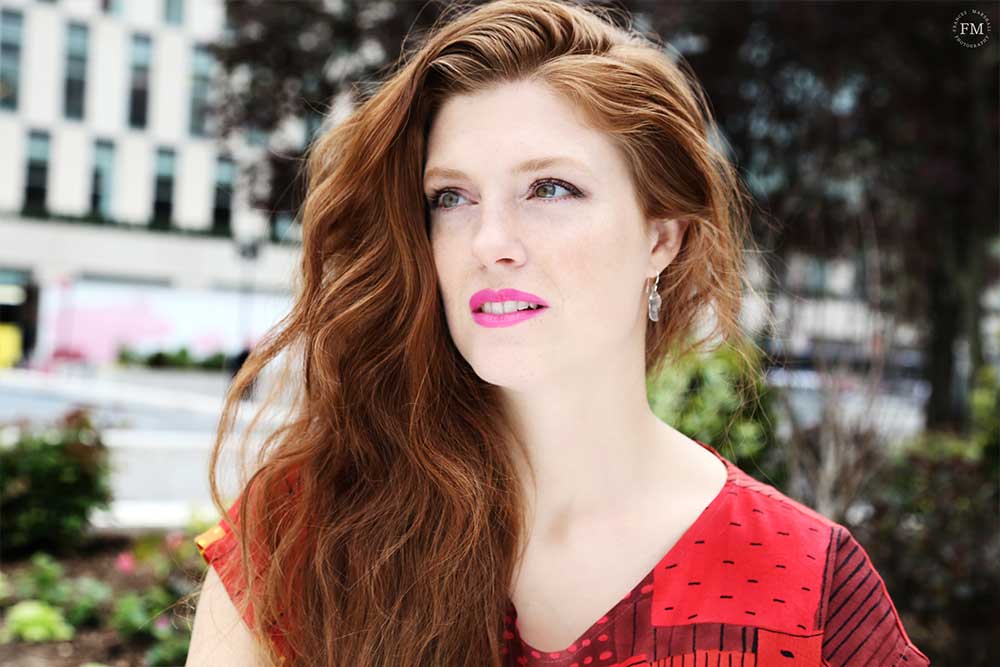


...all I really remember are the acoustics, which were the best I had ever experienced, and that the stage seemed to be the size of a football field."

How did the opportunity to come to the Metropolitan Opera arise?
I auditioned for the Ravinia Festival’s Steans Institute in January of 2010, and was accepted for the following summer. While I was there, the program’s Artistic Director, Brian Zeger (who is also the director of the Met’s Lindemann program), saw something in me, and asked me to audition for James Levine that fall. I went for it, and they took me right away! It was pretty darn serendipitous.
Tell us about your audition.
It was a wonderful experience (which I can’t say about every audition!). The live audition is a bit hazy in my mind because of the adrenaline rush, so all I really remember are the acoustics, which were the best I had ever experienced, and that the stage seemed to be the size of a football field. Oh, and I remember Maestro Levine offering some suggestions for ornamentation of my Mozart aria, and complementing me on the depth of my repertoire list. All in all, it was one of my top ten days so far.
What would you say has been your most career-defining experience thus far?
In a 2013 production of La Clemenza di Tito at the Canadian Opera Company, I had the opportunity to cover the main role of Sesto, while performing the role of Annio. In rehearsals, I was only able to work on Annio, and I had to watch Sesto’s staging out of the corner of my eye, and absorb as much as I could. Sure enough, on the morning of the second performance, I got a call saying our Sesto was under the weather, and I was going on that night! Our wonderful Assistant Director, RB Schlather, spent the afternoon walking me through the role, and our amazing conductor, Daniel Cohen, worked with me afterwards on the music (he also made me dinner, as I had completely forgotten to eat). When the curtain went up, I just dove in, and had the most incredible experience of my career so far. I don’t remember anything in detail (the adrenaline was pretty blinding!) but I know I sang a personal best, and I was 100% invested in the character. After that day, I really think I could do anything.
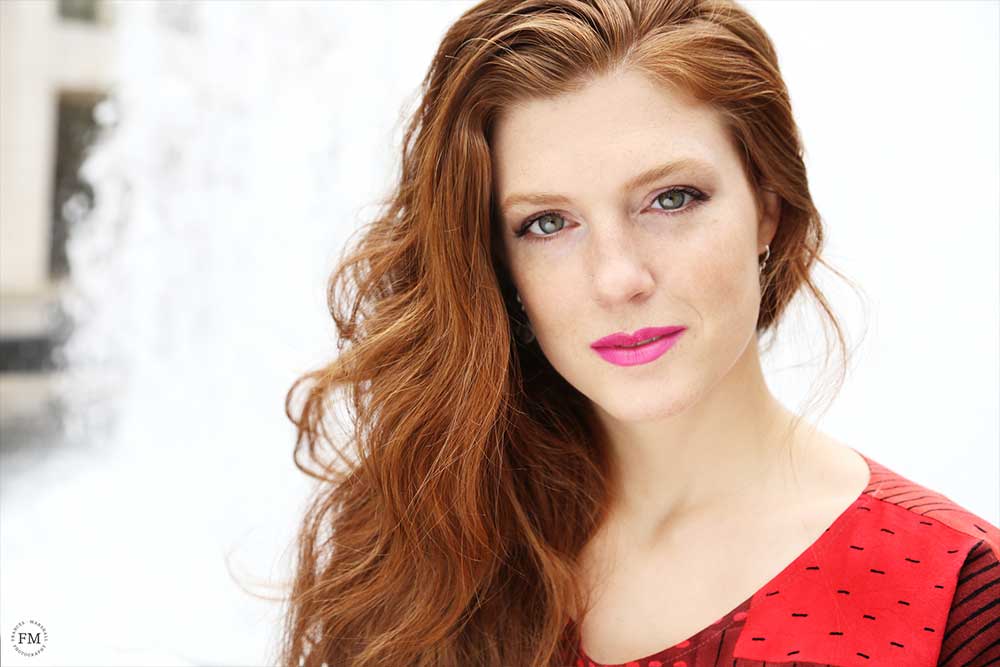


When stepping into the role of a new character, how much of Wallis is retained within the interpretation?
Quite a bit! It’s just so much easier when a character rings true for the performer — although perhaps I’ve been lucky to have performed mostly roles that fit my personality. No evil sorceresses yet, to date. But I suppose, even then, there are always many sides to a character, and some way you can “get in” on a personal level. The more of myself I can include, the better my performance.
Contemporary music obviously holds a significant place in your heart, what draws you to ‘new music’?
I have to say, I don’t think it’s really me that is drawn to contemporary music, so much as it’s the other way around. I always enjoy the experience of performing new music, and appreciate the challenges, but I wouldn’t say I am drawn to it more than vintage classical music. I think that when composers, directors, producers, etc…, find someone who has a facility with the technical aspects of learning new music, and handling difficult writing, they keep coming back to them again and again. I would say I have a relatively easy time with new music’s unique demands, but I don’t think it’s a natural gift. I attribute it wholly to my early start as a musician, my extensive piano and choral background, and my 10 years of post-secondary music education (thanks, Mom & Dad!).
Do you have a favourite style of oratorio?
Oooo, yes! I love the really dramatic Rossini stuff. I guess the more operatic it is, the more I like it!
In such a competitive, and oftentimes manic profession, how do you stay grounded?
I haven’t had a cell phone in four years. I do have a computer, so I can keep up with correspondence while on the road, and a landline at my home apartment (wherever that may be — currently New York, and at press time for this article, Leipzig!). Not having a phone while I’m out and about, in rehearsals, spending time with my loved ones and friends, means I am fully present in the moment, not tempted to multi-task, or to disengage from my companions and surroundings, and I am open to experience life as it comes to me. I knowthis keeps my stress level down. It also forces me to be more organized about how I use my time when I’m on my computer. I am fortunate that nothing in this industry is that urgent, with most contracts being booked 1-4 years in advance. OK, maybe once I move to Germany there might be a last minute jump-in offer in the next city over, but these things seemed to work out in the days before cell phones, so I have hope that they still will. Either way, I am fully prepared to take the occasional downsides, like missing a rare, last-minute opportunity, over sacrificing the many upsides (for me) of not having a cell phone, and the major boost to my general well-being. I don’t think phones are wrong for everyone, but I am a better person without one.
Tell us about your passion for animal rights, and the reasons behind your particular interest in the rabbit kingdom.
This is my favourite question I have ever been asked in an interview. Thank you! I was first drawn to the rabbit kingdom after reading Richard Adams’ Watership Down around age 21. It really drew me to rabbits, and as I had not had pets growing up, or spent much time with animals at all, I thought “I must be mature enough by now to handle a pet of my own!” So my boyfriend at the time got me a rabbit for my 22nd birthday, and the rest is history. My first bunny, and the love of my life, was Hazel, named after the hero of Adams’ novel. He recently passed away, but I have been volunteering with rabbit rescues, and fostering rabbits as often as I can, which helps me deal with his loss. I have several rabbit rescues around the world that I help regularly, and I try and foster a bunny or two whenever I am on a long term contract somewhere, like, say, three months in Toronto for the run of an opera. In the past few years, I have fostered 16 rabbits around the world, and volunteered at rescues from Texas to Taipei. It really keeps me grounded, working with animals, and provides a great deal of help with the loneliness that often accompanies a traveling artist’s career. I am a bit too nomadic to have another permanent pet at the moment (only fostering for now), but if and when that changes, my door will be open to the next bunny I meet, and I may just be the first opera singer to retire and start a rabbit sanctuary. Stay tuned….
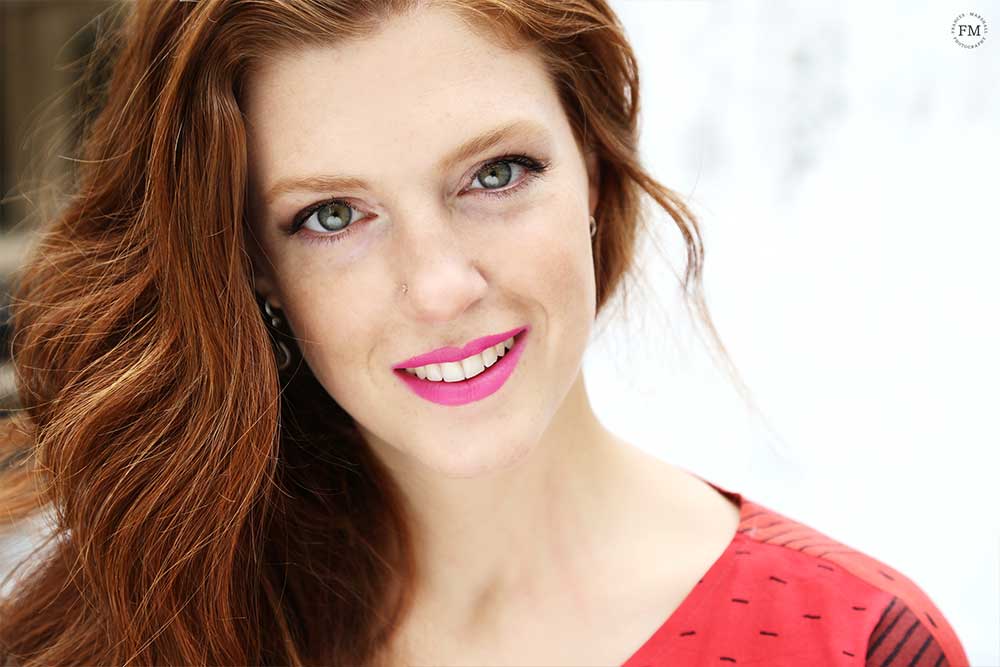

How will you be spending the Summer months?
I have mostly concerts and recitals in June/July, traveling around to some truly beautiful places, and then in August I start a contract at Teatro dell’Opera di Roma, singing a rare John Adams opera, I Was Looking at the Ceiling, and Then I Saw the Sky. I was in this same production two years ago at the Chatelet in Paris, and I am thrilled to be doing it again. Then I head straight to Leipzig in September to start my first Fest contract! It’s going to be an amazing season for me in Leipzig, singing roles I love (Cenerentola, Cherubino, Siebel, etc), in addition to my début at Oper Frankfurt in Carmen, and a month of holiday concerts back in Canada. Life is good!
What’s the dream?
I want to make sure I am always on the upward path, striving, growing, challenging myself. Never coasting on my past successes, or assuming I have “made it”. I just have no time for that. The ideal would be surrounding myself with the most inspiring colleagues, and making music at the highest level I can. So in a practical sense, I hope to be able to work at the top level of the classical musical world. But not for reasons of fame and fortune. I would like to truly make an impact in this art form, and inspire others to have music in their lives, in whatever way is meaningful to them.
Music really can change people in a major way, for the better, and for good. If I can die knowing that I was constantly learning and improving throughout my career, and raising the vibration on this planet, that will be a dream come true.
For more information on Wallis Giunta and future performances see: wallisgiunta.com
All images displayed in this article are subject to copyright.
Share this article


